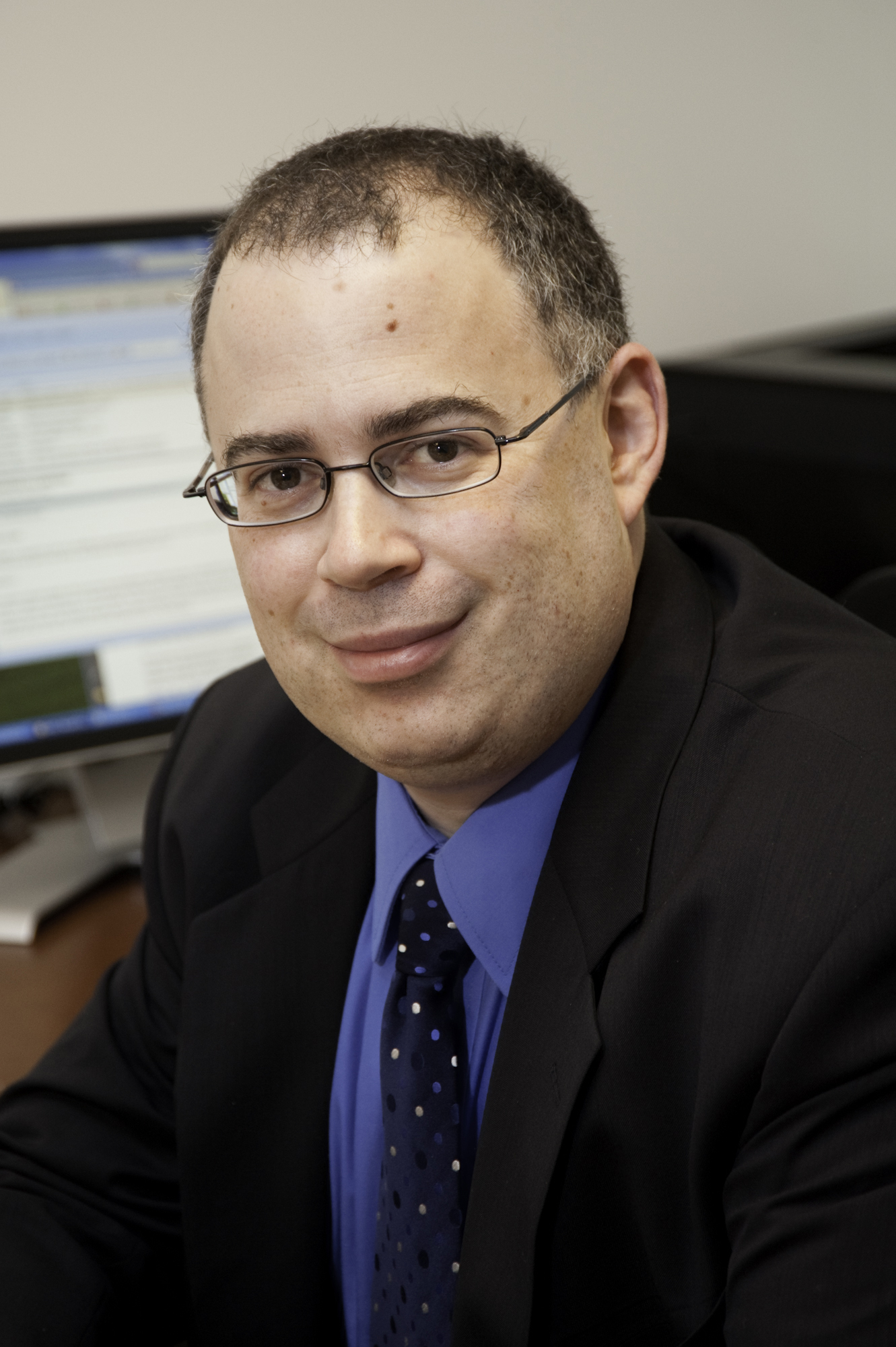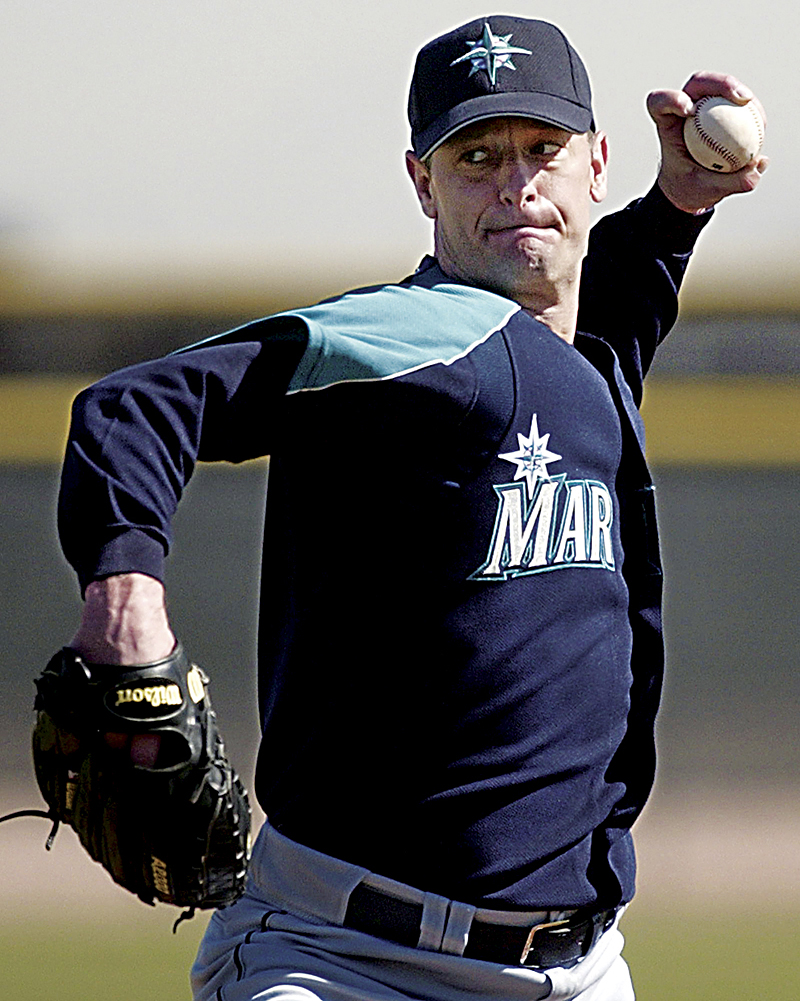This post was written by contributor Cedar Burnett.With sparkling facilities, geeks in lab coats, and a humming gas chromatography machine, you’d be forgiven for thinking that Fremont’s Northwest Botanical Analysis is just another Seattle biotech startup. But its test tubes aren’t filled with stem cells or blood samples. They’re filled with weed.Northwest Botanical’s existence is visible proof that Washington’s medical marijuana industry is still growing, and in some unexpected directions. While there are regulations that restrict the amount of product that can be held or sold, no such rules exist to provide any quality control. In other words, there’s no FDA for weed, and that’s where co-founders Alexi Prindle and Andrew Marris saw opportunity.”We want to show that the medical marijuana community is a self-regulating body,” says Marris.Two years ago, Prindle, a 29-year-old Seattle native with a degree in International Studies from the University of Washington, approached Marris, a friend he’d made at Wallingford’s Hamilton Middle School, with the idea of a medical marijuana testing facility. (Full disclosure: I knew Marris as the skateboarding little brother of my childhood friend and was shocked to encounter him as a hyper-articulate entrepreneur.) For years, Prindle had watched as patients were forced to take what they could get from dealers, with little ability to gauge their drug’s potency or safety. Sure, there were some sketchy mobile labs that could tell you what kind of weed you had. But there wasn’t a lab that could tell you what type of weed you had and tell you if it was safe.”It just seemed like a necessary service,” he says. “The medicine that was out there was just being grown by kids in their basements and it was horrible. We wanted to add legitimacy to the industry and shape standards that don’t exist yet.”Neither Prindle nor Marris had backgrounds in science–the former supported himself as the co-owner of a restaurant while the latter worked his way through audio engineering school by managing a valet lot. But both knew an opportunity when they saw one.The Northwest Botanical dream started much bigger. Initially, Prindle and Marris wanted to test all kinds of botanicals, like tea and hops. That vision got pared down, however, when the pair realized that the equipment needed for such a diverse business would make testing prohibitively expensive.Prindle and Marris originally tried to hire a lab manager. But after 20 interviews in a Silver Cloud Inn conference room, they realized they didn’t have the money to pay a professional. And after a conversation with a friend who worked as a lab manager at a South Lake Union biotech company, they also realized that by focusing the business exclusively on marijuana and reining in their initially large ambitions, they could keep their overhead costs and rates low enough to attract more customers.”We were affordable, so we decided to do it ourselves,” says Prindle.So far, the business model seems to be working. Since opening last October, Prindle estimates they’ve attracted more than 50 customers, many of whom are repeat.Northwest Botanicals charges $50 to test the cannabinoid profile of a sample, with an additional $50 each for microbial and pesticide screening. (They say they haven’t found any pesticides yet, but they did find aspergillus niger in one sample–a toxic mold that can cause respiratory infections.) The lab has also diversified, offering nitrogen sealing for large batches of product.”It keeps the medicine completely fresh for up to a year-and-a-half,” says Marris. “And then you just rip it open like a bag of beef jerky.”With all that marijuana passing through the facility, one might wonder if Northwest Botanical is worried about the federal governments recent dispensary raids. But Prindle is quick to point out they’re operating strictly within legal boundaries.”We like to think we’re on the moral highground,” he says. “We only test small samples of medicine and even when we’re nitrogen sealing product it comes in and leaves the same day. Nothing stays overnight. We’re not selling marijuana. Our mission is to ensure safety for patients and educate the public about the complexities of these cannabinoids.”
More Stories From This Author
Adam Smith and Kim Schrier will retain Congress seats | Election 2024
Smith represents the 9th Congressional District and Schrier represents the 8th Congressional District.
November 5, 2024 9:40 pm
Boeing Machinists approve contract, ending 52-day strike
After voting no twice, 59% of union members approved the latest contract.
By
Michael Henneke • November 5, 2024 8:40 am
Woman sentenced for identity theft of older King County residents
Investigators identified a total of 44 victims ranging from ages 56 to 97, including residents from Renton, Federal Way, Auburn, Enumclaw, Des Moines, Seattle, Issaquah and more.
By
Benjamin Leung • October 21, 2024 5:30 pm






